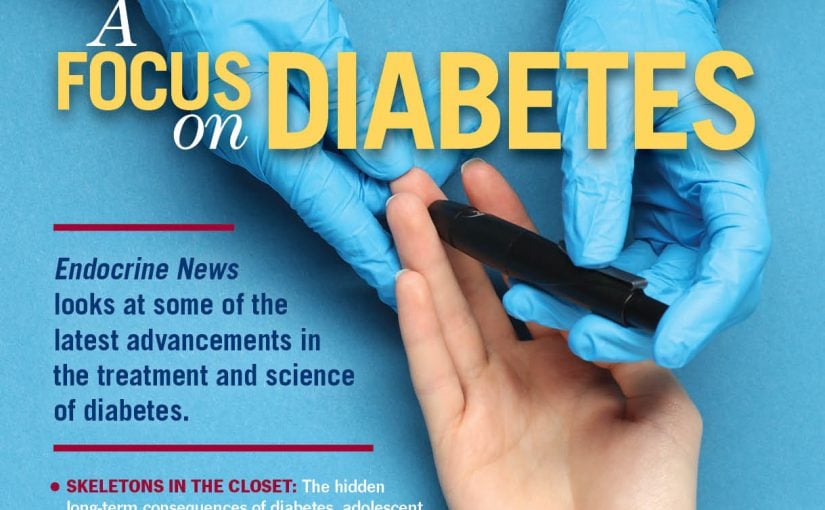On Thursday September 14, Endocrine Society members joined hundreds of researchers, physicians, and patients on Capitol Hill as part of the 11th Annual Rally for Medical Research. Rally participants shared the same messages: ensuring the highest possible appropriation increase for the National Institutes of Health (NIH) in FY 2024 and completing the work on FY...
Endocrine Society Supports Proposed MPFS Payment Increase for Endocrinology
The Endocrine Society responded to the Centers for Medicare and Medicaid Services (CMS) proposed Medicare Physician Fee Schedule (MPFS) by advocating to maintain increase for endocrinology. This annual rule updates payment policies and payment rates for Part B services furnished under the MPFS. Every year, CMS requests public comment on its proposed changes. We are pleased that the proposed...
Cultural Connections: How Understanding Hispanic Traditions Can Improve Treatment Outcomes
Aside from a litany of cultural and clinical barriers many Hispanics face in getting proper healthcare, supply and demand has proven difficult with certain medications, most recently tirzepatide. Rodolfo Galindo, MD, discusses these issues as well as why clinicians must often go “beyond the guidelines” when treating specific patient populations. In 2023, Hispanics represent the...
Researchers Generate Functional Parathyroid Glands from Mouse Embryonic Stem Cells
Functional parathyroid glands (PTGs) can be generated from mouse embryonic stem cells (mESCs), according to a study published in Proceedings of the National Academy of Sciences (PNAS). Researchers in the Stem Cell Therapy Laboratory at Tokyo Medical and Dental University point out that treatment of hypoparathyroidism requires lifelong replacement therapy. Conventional management includes calcium supplements and...
 This month’s issue is an unusual one for us as it focuses on a malady that we seldom focus on in Endocrine News, much less devote an entire issue to it: Steatotic liver disease. Since this condition is destined to reach epidemic proportions along with obesity and diabetes, we felt this was a good time...
This month’s issue is an unusual one for us as it focuses on a malady that we seldom focus on in Endocrine News, much less devote an entire issue to it: Steatotic liver disease. Since this condition is destined to reach epidemic proportions along with obesity and diabetes, we felt this was a good time... A newly published quality improvement study shows how a simple intervention by health care providers reduced the number of older adult patients with type 2 diabetes at risk for hypoglycemia by almost 50% and led to de-escalation of diabetes medications that cause hypoglycemia in 20% of patients. Twenty percent of Americans aged 65 and older...
Hepatic Helpers: Endocrinology In the Age of Heightened Liver Disease
Research published in The Journal of Clinical Endocrinology & Metabolism further shows the unique opportunity endocrinologists are in to manage nonalcoholic liver disease and its various comorbidities. However, without approved pharmaceutical solutions, endocrinologists will have much to offer in treating these ever-increasing conditions. In an October 2022 paper published in The Journal of Clinical...
Lonapegsomatropin Provides Height Improvements in Later Tanner Stages without Increase in Dose
Lonapegsomatropin, a once-weekly prodrug of somatropin, can help children in Tanner Stages 3-5 maintain consistent height standard deviation scores (SDS) without an increase in the mean dose, according to a study presented at ENDO 2023. Ascendis Pharma is marketing the drug as TransCon hGH. Researchers led by Paul Hofman, MD, FRACP, of the Liggins Institute...

